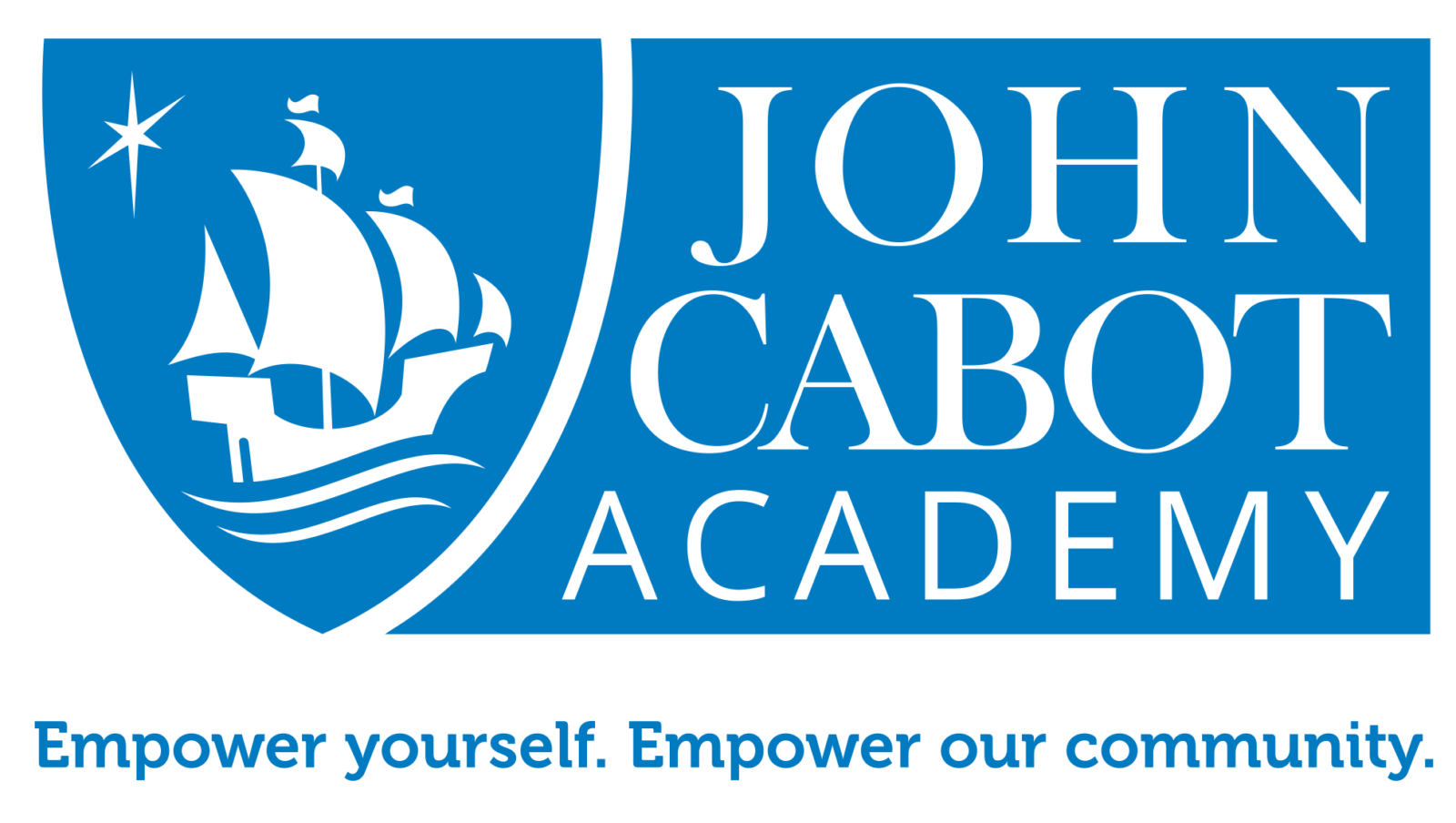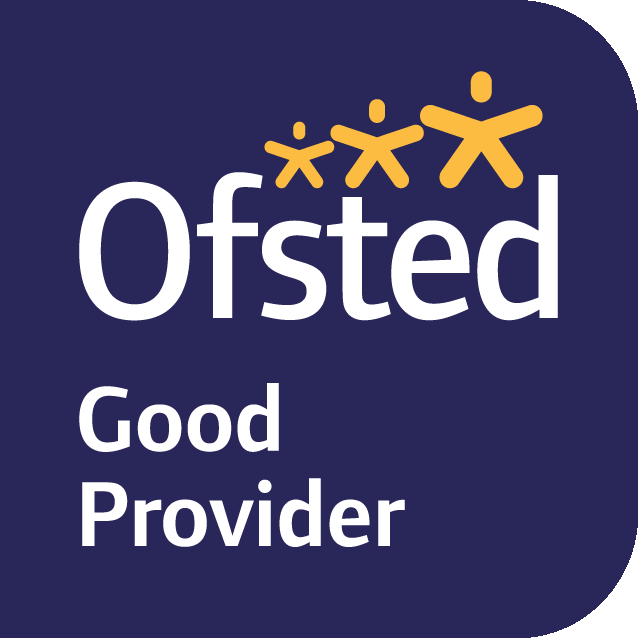Reading and early maths frameworks
We know that reading and foundational maths are key components of a student’s toolkit; they enable students to access the curriculum, broadens minds and vocabulary; they link ideas and empower by driving independence and confidence, and often underpins student thought.
Vision for reading
We want every student at JCA to be a competent, fluent and confident reader, with the literacy skills required to make the most of the rich, broad curriculum they encounter while they’re with us. We want them to leave school able to be active, confident members of society, masters of their fates. We know that reading widely and readily will help get them there.
| Early maths strategy | Purpose and Target Audience | Aim |
| Closing cohort-wide gaps early | ||
| Small group in year 7: creation of 7 sets to allow for tiny set 7 | Students with low KS2 maths scores | All students are ready to go into 6 sets and access ambitious curriculum
Intervention is delivered by maths experts, in line with and within the year 7 curriculum |
| One to one/ small group withdrawal tuition | Students in y8-y11 in need of intensive catching up | All students are ready to access ambitious curriculum
|
| Whole year group setting in years 7, 10 and 11 | Allows students to be taught with expert precision based on shared gaps in prior learning | Students are successful at all stages of maths learning |
| Strategy | Purpose and Target Audience | Aim |
| Identification of reading age and reading need | Students are tracked throughout KS3 to monitor reading age and monitor progress. If students are not at chronological reading age or above, they receive stepped intervention depending on need as identified via an additional NGRT diagnostic assessment. | All students are supported to be reading at or above chronological age by the start of KS4.
|
| STAR reading test – Accelerated Reader | Year 7/8 All Year 7 and 8 are tested in term 1 to identify reading age and assess if support and intervention is required.
Year 9 are re-tested as part of our access arrangements process, and this also allows us to identify students who need intense intervention in year 9 and at the start of year 10.
| Students are identified so that we can give the correct support and accelerate their progress and enable them to successfully access the JCA curriculum.
As students move through JCA, the numbers of students who read below their chronological age decreases.
|
| Stepped intervention provision | ||
| Step 1 Read Write Inc Fresh Start
Target for these sessions: Year 7 and Year 8 with STAR reading test standardized scores below 75 and a reading age below 9 years and 6 months.
| Years 7-9 Small group intervention rooted in phonics to improve students’ understanding of phonics, orthography, phoneme/grapheme correspondence and automaticity in reading. Delivered by trained LSA across a six/twelve-week programme – STAR test at the end to monitor progress. Twenty-minute sessions – removed from a variety of lessons/ tutor time to lessen impact on curriculum progression | Students make rapid progress towards reading at chronological age.
Students then move on to step 2.
|
| Step 2 Comprehension intervention Read Write Inc – extended programme
Target for these sessions: Year 7 and Year 8 with STAR reading test standardized scores below 90
| Years 7-9 Small group intervention rooted in comprehension development to improve students’ extraction of meaning from what they are reading 2 sessions per week Delivered by a trained LSA– STAR reading test at the end to monitor progress.
| Students make rapid progress towards reading at chronological age. Students engage with 1:1 reading to develop fluency and comprehension skills, with inference questioning and links.
Student to improve their comprehension reading scores SS (90+) securely within the average range / chronological age SS 100
They leave step 2 intervention if their test shows reading age matches chronological age. STAR reading scale test conducted at end of year Students either move on to step 3 or in class reading completed in tutor time depending on outcome of reading age assessment.
|
| Step 3 Inference Intervention
Target for these sessions: Year 7 and Year 8 with STAR reading test below chronological age
| Year 8 -9 Small group intervention rooted in comprehension development to improve students’ extraction of meaning from what they are reading 2 sessions per week Delivered by our librarian, trained by Rachael Symons across a 10 week programme – STAR test at the end to monitor progress.
| Students make rapid progress towards reading at chronological age.
They leave step 3 at age expected with a reading age matching their chronological age. |
| Whole school | ||
| Tutor reading programme | Years 7-11 We have a weekly programme for tutor time called ‘Read all about it’. Following student feedback, each year group is reading a different age-appropriate novel or series of texts. Tutor approaches vary. In all groups, students have access to the printed text, so they can follow along and read aloud. Some tutors read to the group, and some invite students to read. The texts are wide-ranging and support students’ acquisition of cultural capital as well as giving them the opportunity to access texts that are, potentially, beyond their chronological reading age. The texts, which span repeated themes each term such as ‘race and equality’ and ‘the environment’ are shared in print format so that students can follow the text whilst the tutor models fluency of reading with the appropriate pace, tone, and expression. CPD has been provided to staff regarding the 6 generic reading strategies: connections, predictions, monitoring, questioning, visualising, summarising. Y7: Tuesday, Y8-11: Monday | Increase students’ access to high quality texts and their experience of fluent reading, modelled by staff. Secure benefits associated with reading, including developing vocabulary and cultural capital. Students experience texts that they may not otherwise experience, with the benefit of fluent reading from an adult. All students leave JCA with a well-developed sense of empathy and understanding of the world around them. |
| Reading for enjoyment | ||
| Events to support a reading culture | Rewards are issued each term for Reading Millionaires, 100% Quizzers and there will also be a tutor party for the most points earned across a big term – December, April, and July.
Events in the library across the year: Comic Con, Harry Potter Night, Top Readers Rewards. Reading list posters are sent to tutors to display and updated current top reads are shared.
Staff display their favourite book on their door.
World Book Day is celebrated each year. | Students who enjoy reading and read regularly are recognized and gain a sense of achievement.
Students who need some support with motivation are encouraged via a team effort to work towards their tutor party.
Visits to the library get students talking about the books they have read and what they have enjoyed.
Teachers can spend a lesson a term looking at books with their groups and encouraging enjoyment of reading.
Students attend events which then encourage them to read more widely.
Tutors engage in discussions about reading each term – when the updated lists are shared. |
| Accelerated Reader | Years 7 and 8 We use AR to support students’ motivation for reading and to guide them with the level of reading text that might be appropriate for their reading ability. However, we are flexible with the books that students use as we understand that choosing a book is personal and want to encourage students to enjoy the process of choosing a book and reading it, or having it read to them.
It does not increase reading age or phonics understanding. It isn’t an intervention which does this. BUT if it impacts motivation and students read more as a result, reading levels should go up!
AR is used primarily to monitor and track reading with linked rewards to foster positive attitudes to reading | Students have greater access to age-appropriate books. Students are motivated to read regularly, attempting to gain points for their tutor group.
English teachers, tutors and the librarian can monitor students’ reading habits.
Praise and celebration of reading each term can help to create a culture of reading across years 7-8.
|
| Disciplinary reading | ||
| Training for teachers | All teachers and LSAs receive regular training to re-establish the importance of reading, and their role in developing all students’ vocabulary and reading fluency and comprehension. This is particularly relevant for subject teachers’ development of tier 2 and tier 3 vocabulary. | INSET and whole school meeting sessions, as well as frequent briefing bites, covering the ‘why’ (getting buy-in), the ‘how ‘ (strategies to improve reading in the classroom and tutor room, such as paired reading, asking students to summarise, and the explicit teaching of vocabulary) and the ‘what’ (which vocabulary, which texts, which strategies). |


